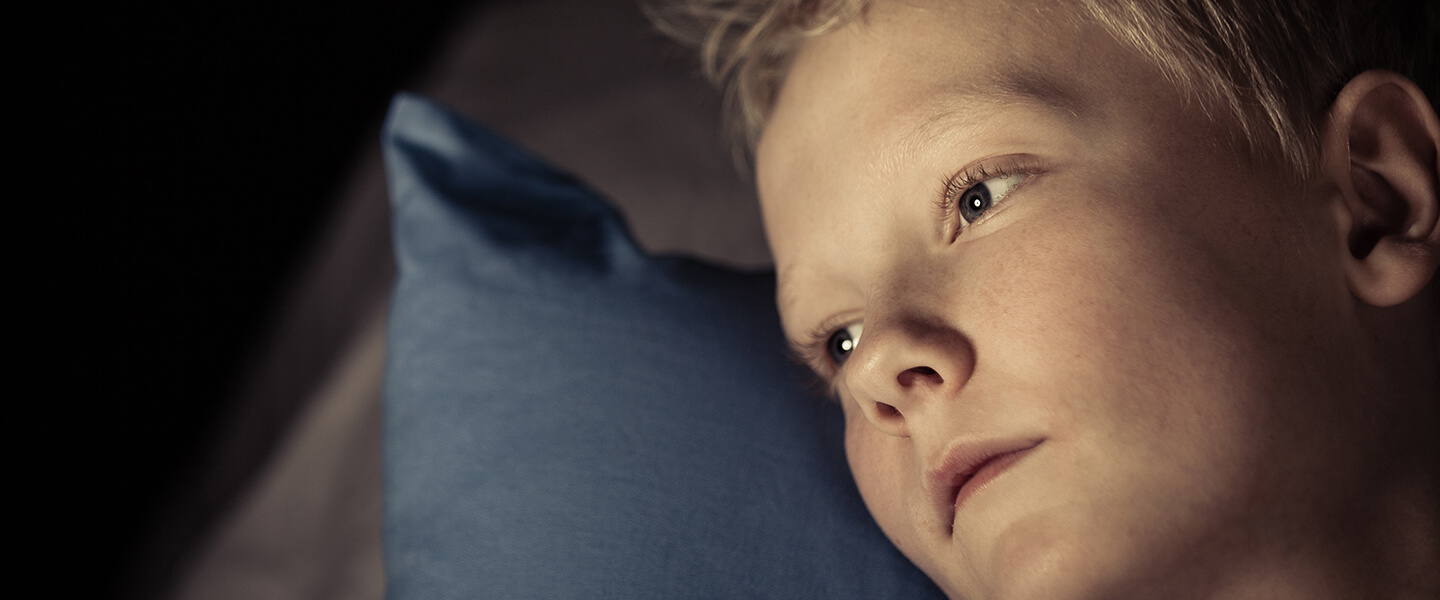New Analysis Finds Behavioral Therapy Should Be Combined with Medication to Relieve Severe Anxiety in Children
New Analysis Finds Behavioral Therapy Should Be Combined with Medication to Relieve Severe Anxiety in Children

Both therapy and anti-anxiety medications can help relieve the symptoms of anxiety in children and adolescents. According to new findings reported October 2 in the Journal of Clinical Child & Adolescent Psychology, however, children whose anxiety symptoms are severe likely need both.
The study, led by Michael H. Bloch, M.D., M.S., a 2013 and 2009 Young Investigator and Associate Professor in the Yale Child Study Center, and his Yale colleague Professor Wendy K. Silverman, Ph.D., is a more detailed analysis of a previously reported trial in which children and adolescents with anxiety disorders were randomly assigned to receive either cognitive behavioral therapy (CBT), the antidepressant medication sertraline (Zoloft), a combination of sertraline and CBT, or a placebo.
While behavioral therapy combined with medication was found to be most effective, the groups who received only CBT or sertraline also experienced an overall decline in anxiety symptoms after 12 weeks of treatment.
Based on those findings, which were reported in 2008, many doctors and parents have chosen behavioral therapy alone as a first-line treatment for childhood anxiety. After taking a closer look at the data, however, Dr. Bloch and colleagues, including 2017 Young Investigator Jerome H. Taylor, M.D., at the University of Pennsylvania and 2013 Young Investigator Eli R. Lebowitz, Ph.D., at Yale University, say patients with severe symptoms may be better off beginning with combination therapy.
Of the 448 children and adolescents with generalized, social, or separation anxiety disorders who participated in the trial, 220 had symptoms that were considered severe. The team found that these patients achieved remission during the trial only if they received a combination of sertraline and CBT. For individuals with severe anxiety, remission rates following medication or behavioral therapy alone were similar to those of study participants who received a placebo.
The team also investigated factors that might make children more or less likely to respond to treatment. They found that anxiety was most resistant to treatment in children from lower socioeconomic backgrounds and in those who had been diagnosed with obsessive-compulsive disorder (OCD).



